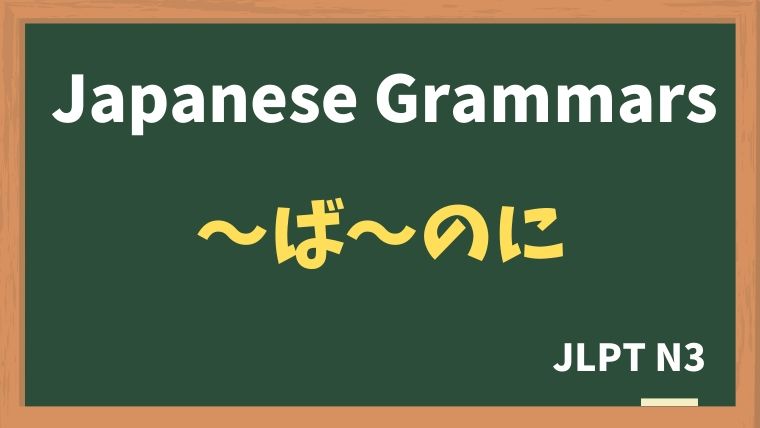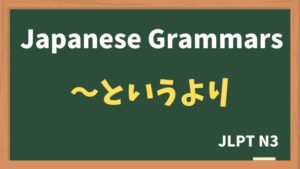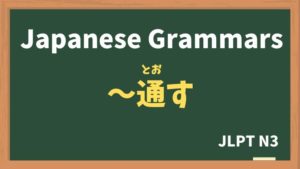
Explanation:〜ば〜のに
fa-check-circleMeaning
~すれば違う結果になっていたのに・・・(〜しなかった)"
"would have"
A way of saying you regret what you did not or could not do.
Used to express regret, disappointment, or a sense of missed opportunity. It typically conveys that something would have happened or a situation would have been better if a certain condition had been met.
fa-check-circleForm
| Structure | Example |
| V(ba form) + のに | 行けばよかったのに |
| V(ta form)ら + のに | 行ったらよかったのに |
| イAければ + のに | 早ければよかったのに |
| ナAなら + のに | 静かならよかったのに |
| Nなら + のに | 彼ならよかったのに |
fa-check-circlePoints
- Expresses Regret or Disappointment: "〜ば〜のに" is commonly used to indicate that something did not happen as hoped, and there is a feeling of regret or disappointment about it.
- Hypothetical Condition: The expression is based on a hypothetical situation that did not occur, leading to a different, often less desirable, outcome.
- Can Be Used in Past or Present Contexts: Although often used for past regrets, it can also be used to express a current wish or unrealized potential.
fa-check-circleJLPT Level
N3
Sample sentenes
昨日のパーティーすごく楽しかったよ。トムさんも来ればよかったのに。
I had so much fun at the party yesterday. I wish Tom had come too.
あの時、「好き」って言えばよかったのに、どうして言わなかったんだろう。
I should have just said "I love you" at that time. I wonder why I didn't.
もう少し安ければ買うのに。
I would buy it if it were a little cheaper.
宿題やテストがなければ、勉強は楽しいのに。
Studying would be enjoyable if there were no homework or tests.
もっと早く連絡くれればよかったのに。
I wish you had contacted me earlier.
アパートがもう少し学校から近ければ、便利なのに。
It would be convenient if the apartment were a little closer to school.
もっと早く出発すればよかったのに。
I wish we had left earlier.
雨が降らなければピクニックに行けたのに。
If it hadn't rained, we could have gone on the picnic.
もっと勉強すれば合格できたのに。
If I had studied more, I could have passed.
Vocabulary
| Japanese |
English | |
| 連絡する | れんらくする | to contact |
| - | アパート | apartment |
| 出発する | しゅっぱつする | to leave |






